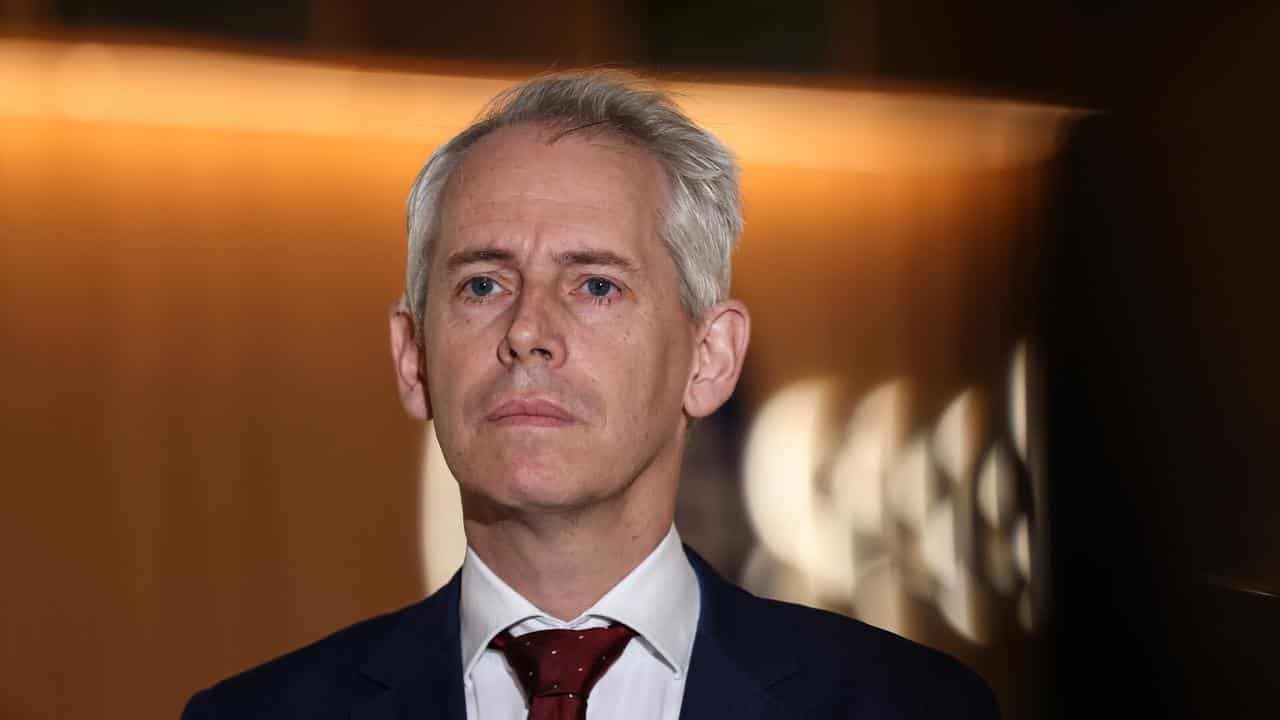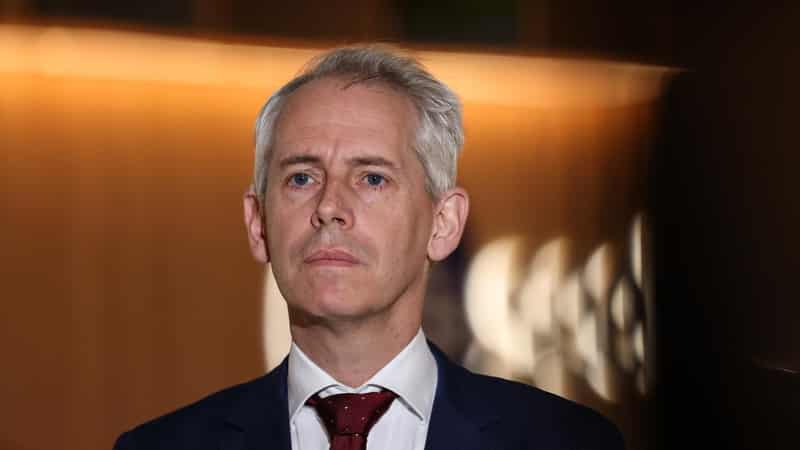
The "national shame" of migrant worker exploitation will be stamped out under a package of new laws and funding to help people in need to speak up.
The federal government will introduce proposed law reforms to parliament later this month, in a bid to stop workplaces breaching their responsibilities.
The proposed changes would make it a criminal offence to coerce someone into breaching their visa conditions, stop employers from hiring people on temporary visas if they have exploited migrants in the past and increase penalties for employers who do the wrong thing.
A section of existing migration law which undermines people who report exploitative behaviour will also be repealed.
Immigration Minister Andrew Giles said there was a "crisis of exploitation".
He said up to one in six recent migrants were paid less than the minimum wage.
"When migrant workers are being underpaid it hurts all of us, driving wages and conditions down for everyone," he said.
"These reforms will help workers speak up and target those employers who do the wrong thing."
ACTU president Michele O'Neil said migrant worker exploitation was a "national shame".
The government will amend regulations to enhance labour market mobility in three types of visas, by extending the allowable time between employer sponsors from 60 or 90 days to 180 days.
Inderjit Kaur, a temporary visa holder and advocate with the Migrant Workers Centre, said she had her wages stolen by two employers, because they knew her visa could be cancelled if she stood up to them.
"They took advantage of that," she said.
"Because I had no security with my visa, I could not take action until it was too late.
"I never got back any of the money that was stolen from me and my visa is now uncertain. This should not have happened to my family, and it should not happen to migrants who are coming to Australia now.”
Sanmati Verma, managing lawyer at the Human Rights Law Centre, said it was important to "design out some of the levers for exploitation in the migration regime".
"If the government is serious about achieving that, it will put migrant workers and their allies at the centre of co-designing these critical protections,” she said.
An additional $50 million will be provided to the Australian Border Force to help enforce the new laws.
Future consultation will also be undertaken on potential whistleblower protections for temporary visa holders and to strengthen cooperation between the Fair Work Ombudsman and Home Affairs department.
Home Affairs Minister Clare O'Neil said past indifference to a workforce reliant on low-paid, temporary migrant workers who were routinely exploited would end.









